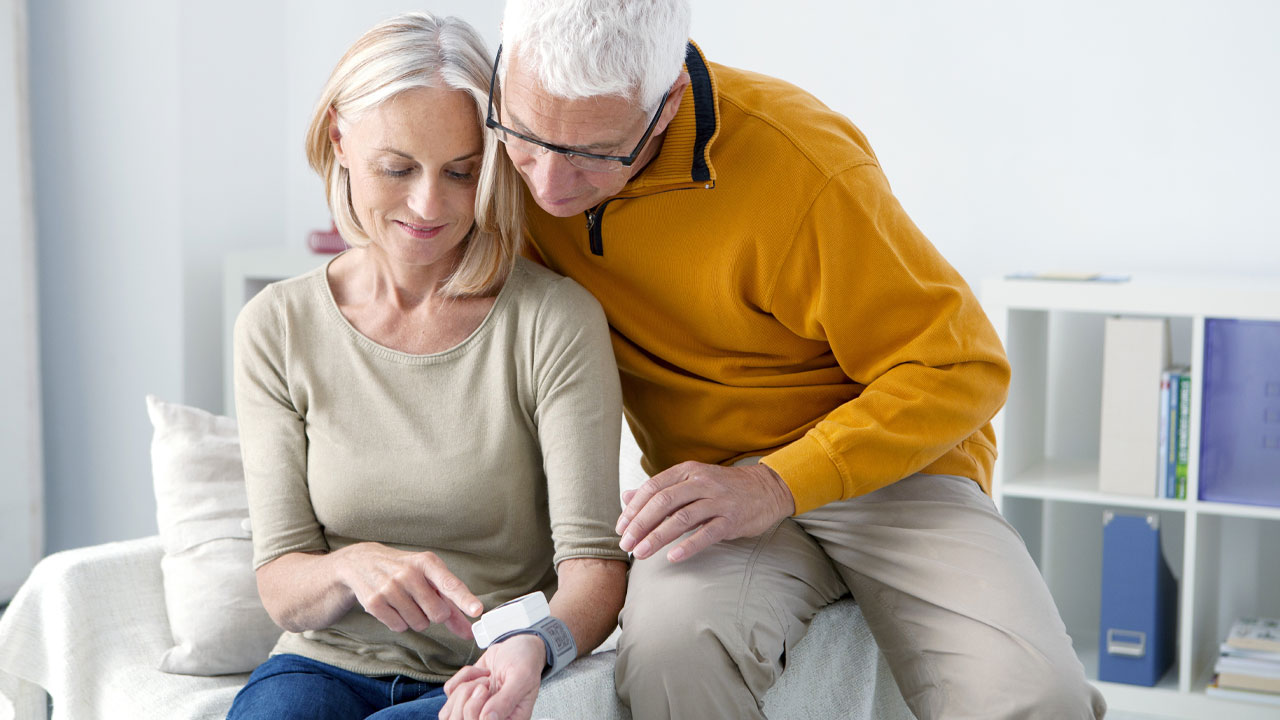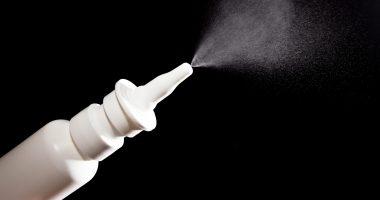- HomeStay Care (HSC) has signed an exclusive distribution agreement with CardiacSense for its wearable vital signs monitoring products
- CardiacSense manufactures a range of medical-grade wearable devices that monitor heart activity and blood pressure
- HomeStay will work with CardiacSense to distribute the CardiacSense wearables and integrate the vital signs data in its uVue platform
- This news comes off the back of yesterday’s announcement that HomeStay partnered with G Medical Innovations (GMV) to integrate their products
- CardiacSense wearables are undergoing a CE Mark in Europe and U.S. FDA approval
- Simultaneously, HomeStay is seeking TGA approval for the wearables
- Shares in HomeStay Care are up 8.33 per cent this morning and trading for 0.7 cents each
HomeStay Care (HSC) has signed an exclusive distribution agreement with CardiacSense for its wearable vital signs monitoring products.
CardiacSense manufactures a range of medical-grade wearable devices to remotely monitor vital signs. Its wearable devices allow for the ongoing monitoring of heart arrhythmias and blood pressure.
Under the agreement, HomeStay will work closely with CardiacSense to distribute the CardiacSense wearables and integrate the vital signs data in HSC’s platform. The pair will also aim to certify these products for commercial use.
This news comes off the back of an announcement made just yesterday that HomeStay partnered with G Medical Innovations (GMV) to integrate G Medical’s Prizma device with its uVue platform.
“We are excited by the opportunity to partner with CardiacSense, as we believe the use of medical-grade wearables can be a game-changer for the local health industry,” HSC Managing Director Graham Russell said.
“Our aim is to lead the field for 24/7/365 monitoring to coordinate medical intervention, reduce hospitalisations, and significantly improve quality of life,” CardiacSense Founder and CEO Eldad Shemesh said.
What sets CardiacSense’s wearables apart is that it uses PPG technology (photoplethysmography) that is free of any movement artefacts (which are the Achilles Heel of traditional PPG) to carry out long-term monitoring of cardiac activity.
If the CardiacSense watch detects a heart arrhythmia, cardiac arrest or threshold-crossing of the major vital signs including blood pressure values, it sends an alert for medical intervention. This is set to help reduce the cost of medical services and patient treatment.
The CardiacSense wearables are currently undergoing certification for CE Mark in Europe and U.S. Food and Drug Administration (FDA) approval.
HSC intends to seek certification with the Therapeutic Goods Administration (TGA) in Australia and New Zealand, after trial and integration testing.
Shares in HomeStay Care are up 8.33 per cent this morning and trading for 0.7 cents each at 11:01 am AEST.







